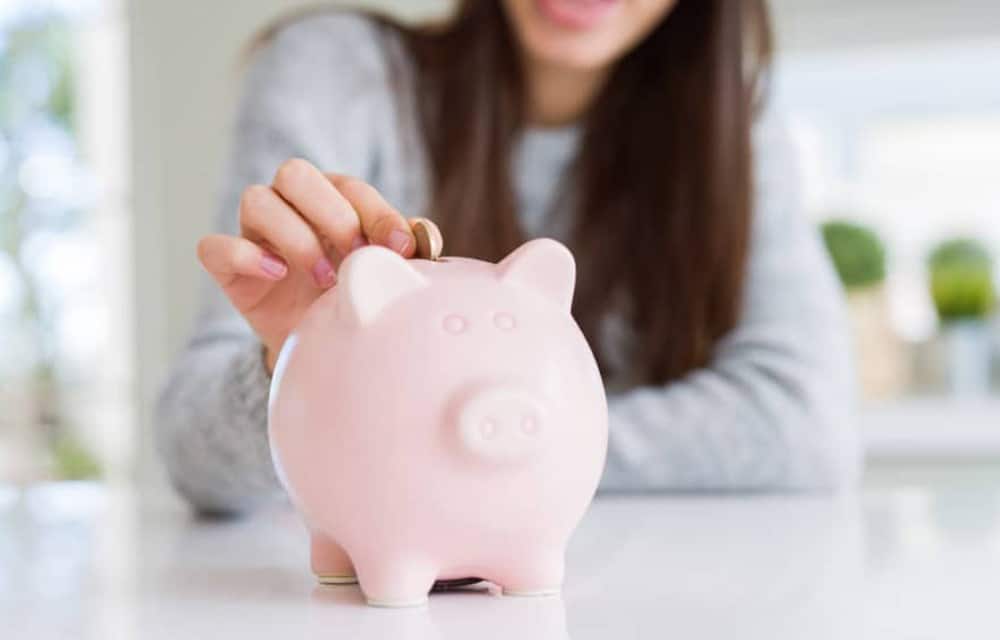Are you paying the ‘pink tax’? Well, if you ever buy women’s healthcare products, the answer’s probably yes. According to research by specialist lawyers Bolt Burdon Kemp, women actually pay roughly 30% more on healthcare essentials than men – here’s what you need to know.
[top_pitch]
What is the ‘pink tax’?
The pink tax is the extra money women pay to buy goods targeted at females. It’s also called ‘gender pricing’, or price discrimination, and it’s a real problem. For example:
- Women can pay over 6% more for razors, just because they’re aimed at females.
- Men’s moisturiser is, on average, nearly 35% cheaper than women’s face creams.
- It’s more expensive to buy kid’s clothes for girls than for boys.
The worst part? The pink tax doesn’t just apply to women’s non-essential items – it affects healthcare products, too.
What’s the research telling us?
Bolt Burdon Kemp surveyed over 2,000 Brits to find out how much women spend on essential items. They asked about goods including sanitary items, pessaries, supplements and sexual health products. The results are pretty eye-opening.
- The average woman spends over £370 each year on essential items.
- Women spend, on average, £45 more a year than men on healthcare products, including painkillers and intimate items.
So, why are women spending so much on their sexual health? Well, there’s no clear answer, but the research suggests that women struggle to access healthcare more than men do.
- Roughly 50% more women than men go back to their GP because they can’t get the right diagnosis on a first visit.
- One in 10 women have visited their doctor up to five times in as many years because they couldn’t get a diagnosis the first time around.
In other words, women are perhaps more likely to treat themselves and take control of their own health if they fear the doctor doesn’t take them seriously or can’t identify the problem.
And if the pink tax wasn’t problematic enough, there’s now another issue to contend with: Covid-19 pandemic inequality.
[middle_pitch]
How has the pandemic affected women?
The pandemic has been tough on everyone, but there’s a special economic burden on women.
According to Bolt Burdon Kemp, 133,000 more women than men went on furlough between March and August 2020. There’s been no drop in the cost of women’s products, meaning females may be struggling to access the essentials they need like sanitary products.
What’s more, women are more likely than men to earn below the non-statutory Living Wage, and they’re more often expected to juggle homeschooling, childcare and domestic chores than men.
In short, women are struggling during the pandemic, and the economic toll may get worse before it gets better – especially while pink tax is still a thing.
What does the pink tax mean for women?
The simple answer? From toiletries to sanitary products, the evidence is clear: it’s more expensive to be a woman than a man in 2021. While we’re making some progress, gender inequality issues like pink tax reveal that there’s still a way to go.
But if you’re a woman, what can you do about it? Well, don’t let pink tax prevent you from accessing the healthcare and essentials you need.
- Don’t pay a few pounds more for multivitamins just because they’re aimed at women. Ask your GP what supplements they recommend – they might suggest you don’t need anything gender-specific.
- Check-in with your pharmacy or GP for free contraceptives.
- If you’re in Scotland, where you can access free prescriptions, visit your doctor if you think you need pessaries or other sexual health products rather than buying them yourself. Not only will you save money, but you should get a more accurate diagnosis the first time around.
And finally, shop smart. Start comparing prices in supermarkets. Is it more expensive to buy disposable razors just because they’re pink? Vote against gender inequality with your purse and choose a different product!







